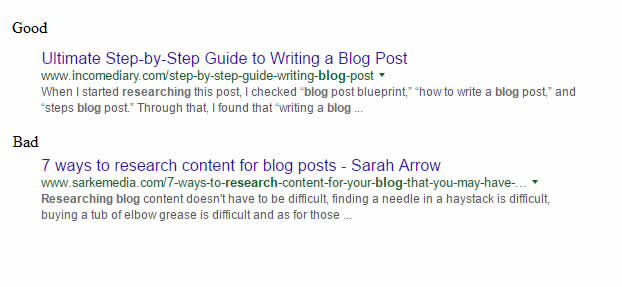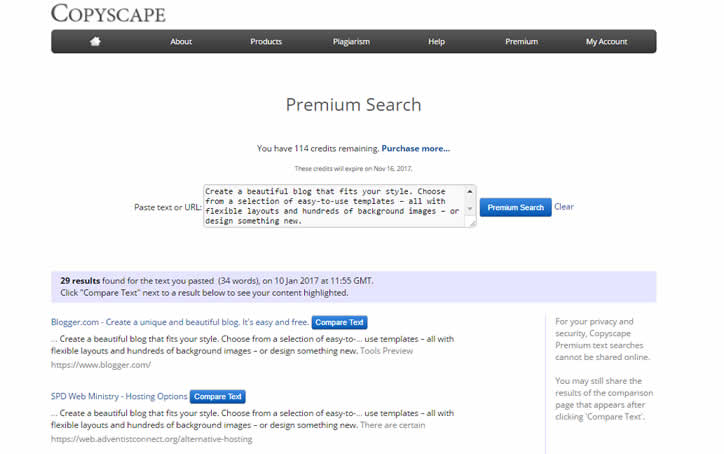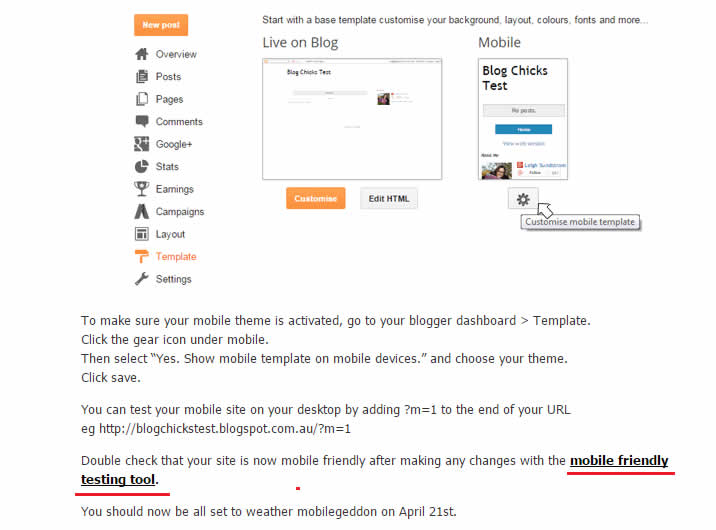Blogging is a great way to communicate to the world about a particular subject, product or business that you want to inform them about.

However, what many people don’t realise, is that blogging isn’t as easy as some make it out to be. While it seems like you just need to write content for the sake of it, it’s not; it’s so much more than putting pen to paper.
If you’re new to blogging and you want to avoid making some of the crucial mistakes that so many make when first starting out, then this expert guide will give you a rundown on the top blogging errors that you should avoid at all costs to help improve your website rankings and blogging authority.
Let’s take a look.
Blogging Mistakes 101: What Not To Do
1. Creating Uninteresting Headlines
Headlines are designed to inform the reader about what the blog post is about and intrigue them enough to want to click on your post. Many people make the mistake of crafting headlines that are boring, not relevant to the post, or that don’t provide enough information to stop their readers from overlooking it.
When creating your headlines, the fundamental rules are:
- Make sure the reader knows what the blog is about and draw them in.
- Use power words to help improve the impact of your title.
- Make it relevant to your industry and tell readers what they will be getting out of it.
Some examples of both good and bad titles are as follows:
Example 1
- Bad: Blogging Mistakes You Should Know
- Good: Killer Blogging Mistakes That Should Be Avoided At All Cost
Example 2
- Best Beauty Tips For Anti-Aging
- Powerful Anti-Aging Beauty Secrets That Experts Don’t Want You To Know
As you can see from these two examples by adding powerful words and telling the reader what the subject is about in a more entertaining way it will help to make more exciting and eye-catching headlines.
 2. Plagiarism
2. Plagiarism
While it’s so much easier to copy and paste an article to your blog from an already published piece, it can dramatically reduce your website rankings and hurt your reputation. Plagiarism is the process of duplicating content from another author and using it for your purposes.
When this occurs, search engines such as Google will either penalise you for it or have trouble ranking your website.
The reason for this is because when duplicate content is found on two separate websites, Google needs to work out which site offers more value to readers. In doing this it will rank one website higher than the other, but still, drop the ranking on both websites. This is why it’s important to avoid duplicate content were possible.
Plagiarism checkers such as Copyscape.com can help you to avoid duplication.

3. Not linking To Older Posts
If you’re writing for your website blog, it’s important to try and link older posts in your new post. There’s a few reasons for this and this include:
- Links are better for directing Google Spiders more directly throughout your site for better website rankings.
- Links to specific keywords related to the link can help you to rank better.
- Older posts can gain more traffic to them.
When publishing posts, you don’t need to forget all about them. All your posts are valuable to you, and by linking an older post in a newer post that is related, you can help to improve both blogs positions on the website.

4. Not Researching Enough
Blogs require research to ensure you give your readership the information they’re after. While you can write about any old general topic, your readers will take more notice if you go into depth on how you work through the subject you’re writing about.

Giving examples, screenshots, breaking down each point into bullet points and adding supporting images will also help your cause as well. So, what’s the best way to research you ask?
When researching, you can keep these tips in mind:
- Gain information from up to 3 to 4 reputable sources.
- Pull the most relevant and valuable information from those sources to use in your blog post.
- If you have statistics always link to the creditable study that is about those statistics as proof.
- Take your time; researching this isn’t a five-minute ordeal.
- Check what your competition is writing about on the same subject you want to write about. Can you write something better or add more value?
As you can see researching shouldn’t be taken lightly. The more research you do, the more you’ll be able to give to your audience.
Conclusion
Blogging is hard work and requires practice. What you write to start off with will be different and more refined to the work you will write years later. Always remember to check for spelling and grammar mistakes and most of all, never give up! So, are you ready to write an influential blog?

Leave a Reply